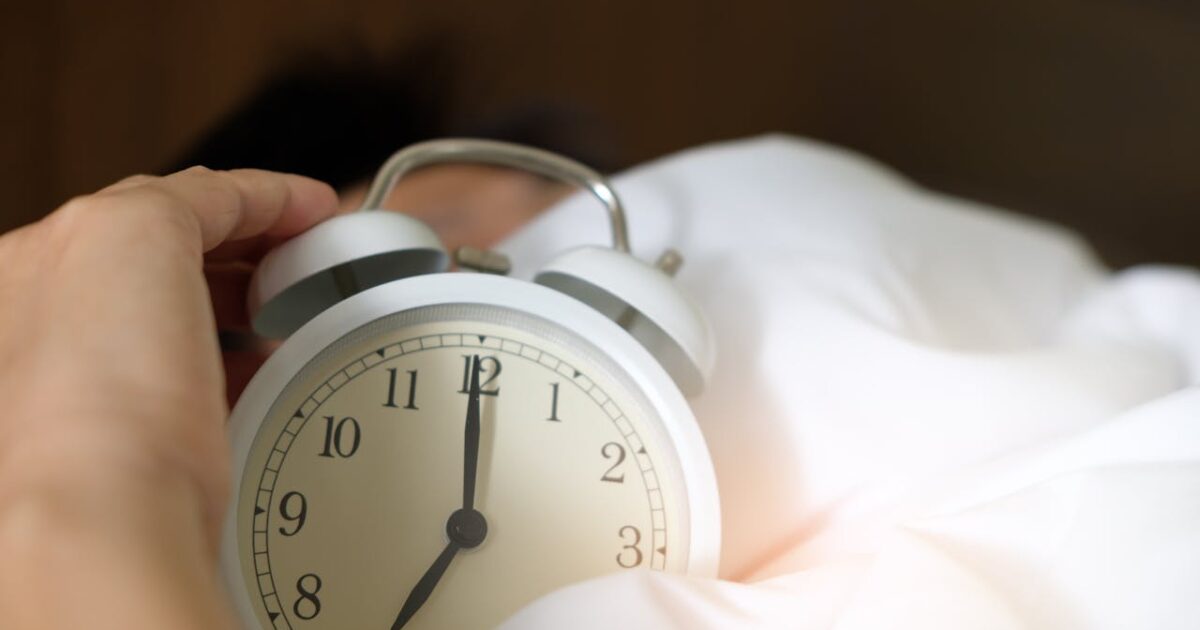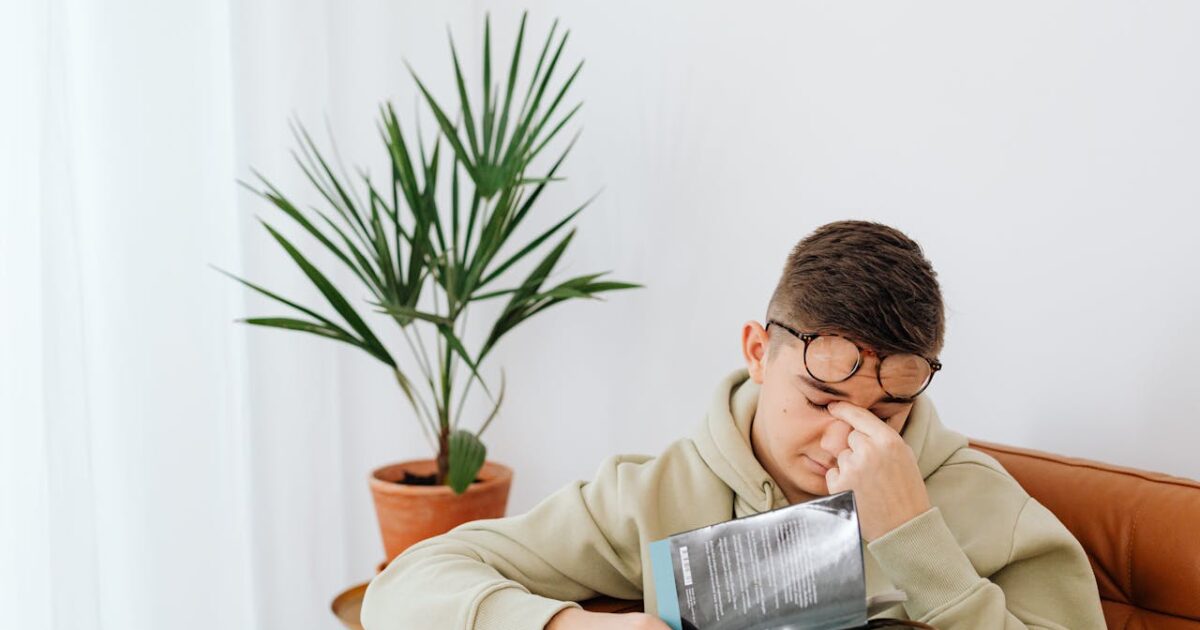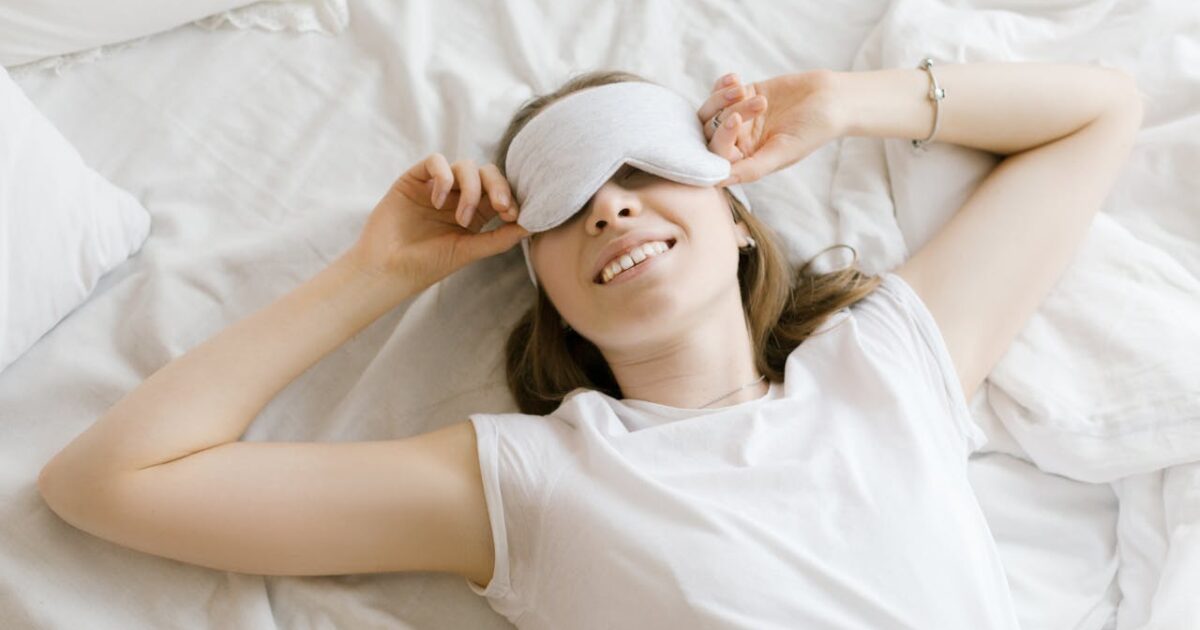What sleep deprivation does to your eyes
Article by Chew’s Optics Specialist. 26 March 2025

Can lack of sleep impact your eyesight?
Whether it’s due to insomnia, poor sleep habits, or demanding work schedules, sleep deprivation comes with serious consequences. While pulling an all-nighter might have been manageable as a kid, the older you get, the more you feel the toll that sleep deprivation takes on your body.
The most obvious effects, like feeling tired and sluggish, are well-known, but there’s more to it. You might be surprised to learn that not getting enough sleep can also harm your eye health. Here’s how.
6 ways your eyes may suffer from a lack of sleep
1. Irritated, bloodshot eyes
One of the first and most noticeable signs of sleep deprivation is bloodshot eyes that often feel irritated. Why do your eyes turn red? In short, it’s because insufficient sleep can reduce the oxygen supply to your eyes.
When you’re asleep, blood flow to your eyes increases, delivering essential nutrients and oxygen needed to maintain your eye health. Without enough rest, your eyes receive less oxygen, which causes the blood vessels in your eyes to dilate and thus become more visible – resulting in that telltale redness.
2. Dry eyes
According to research, people with poor sleep quality are 50% more likely to experience dry eyes than those with healthier sleep habits.
Sleepless nights prevent your eyes from getting the rest and repair they need, which can reduce tear production or affect the quality of your tears. Additionally, a lack of sleep can raise your stress hormone levels, further disrupting tear production.
When your eyes don’t produce enough tears, they become dry – which increases your risk of developing dry eye syndrome. Since tears help protect the eyes from infection, dryness can make it more likely for you to get an eye infection too.

3. Blurry vision
Another major consequence of sleep deprivation is blurry vision. While dry eyes can contribute to this, fatigue itself can make it harder for your eyes to focus. When you’re sleep-deprived, your brain struggles to process visual information effectively and efficiently.
Not only does visual processing slow down, even the muscles responsible for eye movement become fatigued as well. As a result, tasks that demand sharp vision, like reading, can become much more difficult.
4. Eye strain
For many, poor sleep often goes hand-in-hand with extended screen time. This unhealthy combination increases your risk of developing digital eye strain.
Prolonged screen use is already known to cause eye discomfort due to overexposure to blue light and the constant need for focusing. Sleep deprivation only intensifies this strain, adding pressure to the eyes and leading to headaches, neck or shoulder pain, and, of course, blurred vision.
5. Eye twitching
While often more annoying than harmful, eye twitching can strike suddenly and last anywhere from a few minutes to several days.
One common cause of involuntary eye twitches or spasms, which is typically a slight movement in the upper or lower eyelid, is insufficient sleep. When you’re overly tired, your body struggles to function at its best, which can trigger these involuntary spasms.
6. Increased sensitivity to light
Photophobia, or increased light sensitivity, can be a possible result of poor sleep. One contributing factor is dry eyes, which often occur due to sleep deprivation.
It’s thought that when your eyes are dry, the tear film covering your eyes stops functioning optimally. This tear film plays an important part in light refraction, so its disruption may lead to an increased sensitivity to light.

How to protect your eyes from sleep deprivation
While the immediate effects of sleep deprivation are uncomfortable, the long-term consequences can be far more serious. Chronic sleep deprivation has been linked to an increased risk of developing serious eye conditions, such as glaucoma and macular degeneration.
Fortunately, many of the negative effects of sleep deprivation on the eyes are preventable. First, you should make sure you’re getting about seven to nine hours of sleep each night. You can also improve your sleep hygiene by reducing screen time before bed – a practice that also helps to alleviate digital eye strain.
If you’re still experiencing vision problems despite improving your sleeping habits, it’s best for you to consult an eye care professional – and better yet, undergo a comprehensive eye exam at an optometrist in Singapore like Chew’s Optics. With over three decades of experience, you’re in good hands with us.
Visit us at our optical shop, located at 144 Teck Whye Lane, #01-211, Singapore. We are open every day except Mondays and Fridays. You can also drop us a line on WhatsApp at +65 8314 7093, if you have any questions or would like to schedule an appointment for an eye exam.
